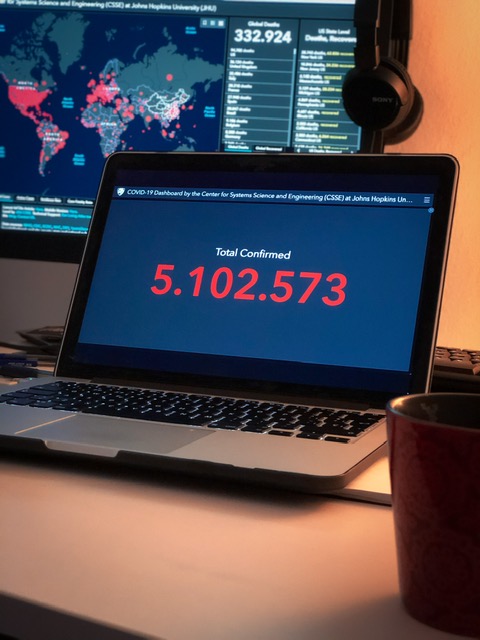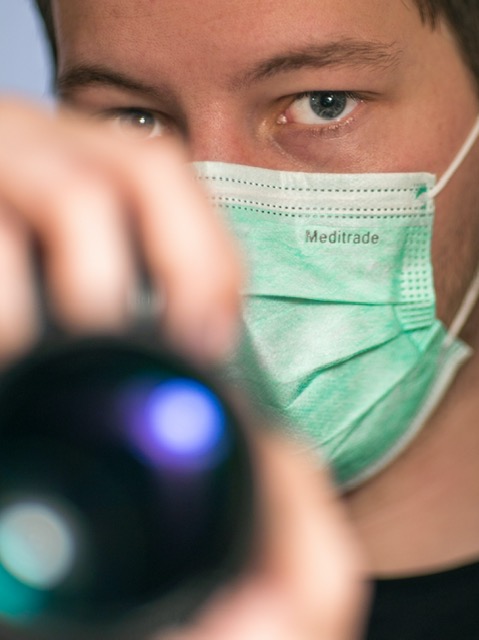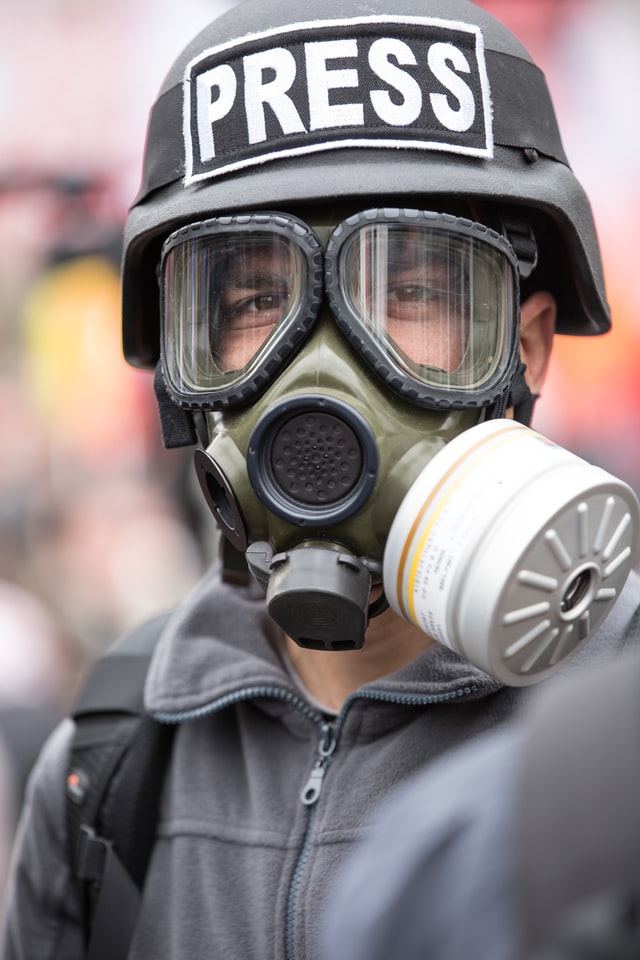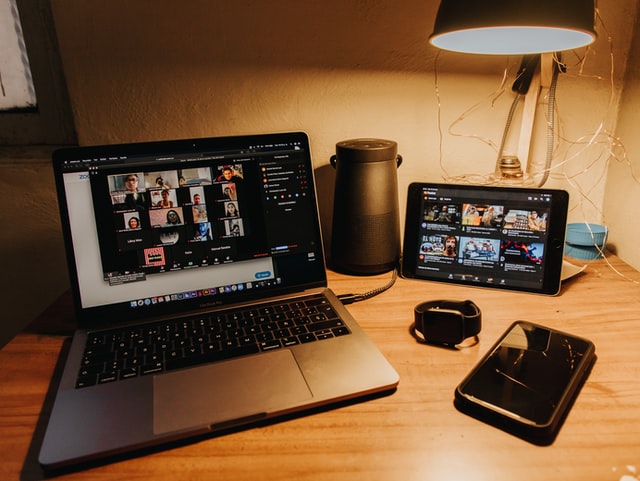Skip to content
Do’s
Before

- Consider the spectrum of risks that you may be taking in covering COVID-19. You can start with a simple assessment: something like, ‘Do I need to tell this story in person?’ And if the answer is ‘yes,’ then you have to start looking at safety measures, like can I take a photograph from a distance.
- If you are going into the field, ensure you have the correct equipment – that might include N95 masks, nitrile gloves and safety goggles for conducting interviews – and that you are able to stay the required distance from others. Clothing and equipment also need to be properly cleaned.
- Keep up to date with the advice of your relevant government and health authorities, including how that might impact on the media’s movement, as well as checking the World Health Organisation guidelines.
- Know your local laws: several countries have either “fake news” laws or health laws that can criminalize the spread of information and can even allow for the arrest of journalists.
- Have a contingency plan in the event of falling ill or finding yourself unable to leave where you are working. If appropriate share with your line manager or your family.
During

- Conduct interviews using technology if possible, by phone and by email. Record interviews via apps for video and audio.
- Avoid creating or repeating propaganda which fails to challenge misinformation. Consider whether covering government briefings live or favouring an official spokesperson is providing quality, useful information for your community.
- Focus on being accurate and fair by giving a range of views and in the process helping to educate your communities about the hurdles and obstacles that need to be overcome.
- Provide inclusive story-telling and seek out voices from all sides. Exploring the social reality of the lives of others helps to provide a nuanced understanding of different sides.
- Avoid stereotypes that reinforce ignorance, prejudice and fear, for example by labelling the virus “Chinese”.
- Humanise what is happening by putting names to faces; allowing your communities to grieve and express their anger; focusing on the human tragedy that is being endured by all the communities involved.
- Ask hard questions and seek to explain the real meanings behind statements and claims of political leaders who may express meaningless or unclear information designed to reassure without substance.
- Frame the COVID-19 issues in ways that open up new angles for reporting, and allows especially traditionally marginalised voices to have their say. Looking at the story from a different point of view may inspire new thinking and may help in the search for solutions.
- Take care with words and pictures and privacy. When lives are at stake, there is no room for intolerant language, loose words and use of images for their shock value alone.
After
 Recognise that while online harassment of journalists is a perennial problem, it is now taking on a new dimension given that most journalism is happening online due to lockdowns and social distancing.
Recognise that while online harassment of journalists is a perennial problem, it is now taking on a new dimension given that most journalism is happening online due to lockdowns and social distancing.- Recognise that it’s normal to feel affected by difficult images or stories, so give yourself opportunity to switch off: If you can go for a walk, then do so; If you can’t get outside, look at images that make you happy; try meditation or mindfulness; watch a comedy or read a book.
Don’t’s
Before
- Think this is such a big and important story, I can risk my health.
- Take unnecessary risks; in your self-assessment, you can ask yourself, how are you going to live with yourself later if you realize that you took a risk, not just for yourself, but for those around you?
- Put yourself in harm’s way if your area is one where members of the public are retaliating against journalists who are out reporting because they perceive them as health risks.
- Sacrifice your mental and physical health for the story. If you are a manager, provide leadership so that people who are more junior than you in the hierarchy themselves understand that they must not either.
- Ignore your mental and physical wellbeing: get enough sleep; eat properly; try to avoid excessive alcohol and caffeine which may increase anxiety; take a break from work, digitally and physically; switch off the news and social media; spend time with family if you can, and friends if that is possible – even if this is only remotely.
During
- Cover this story on the ground if you have certain underlying health conditions who fall into the at-risk groups.
- Rely on the services or supplies of any already affected communities which will increase the pressure they are under. Journalists need to be self-sufficient in such circumstances.
- Cover automatically this story on the ground if you may be likely to face racism or stigmatization. This doesn’t mean a blanket ‘no’ but be aware of what issues you may face and ask for support.
- Worry about imperfection in how you craft your reporting using online material and recordings: it’s imperfect. Everyone producing the news is working remotely and communities are more concerned with the information than with technical glitches.
- Ignore hard-to-reach and marginalized communities.
- Hide away as a newsroom manager: instead, ensure you are leading by example. Be clear about policies and priorities; be as transparent as you can, even though things are changing quickly.
After
- Forget to provide support and help to colleagues, check in with people who report to you regularly and ask them, ‘Are you okay?” And if the answer is ‘no,’ help guide them to resources that can help them.
- Believe you can control the virus, the governments’ responses, the stock markets, others’ behaviour.
- Become too isolated. This can be a big issue and can put pressure on your mental health.
- Be afraid to ask if you need to take time off work, if you are unwell, mentally or physically. Often as journalists we are not very good at asking for help.
 Recognise that while online harassment of journalists is a perennial problem, it is now taking on a new dimension given that most journalism is happening online due to lockdowns and social distancing.
Recognise that while online harassment of journalists is a perennial problem, it is now taking on a new dimension given that most journalism is happening online due to lockdowns and social distancing.

